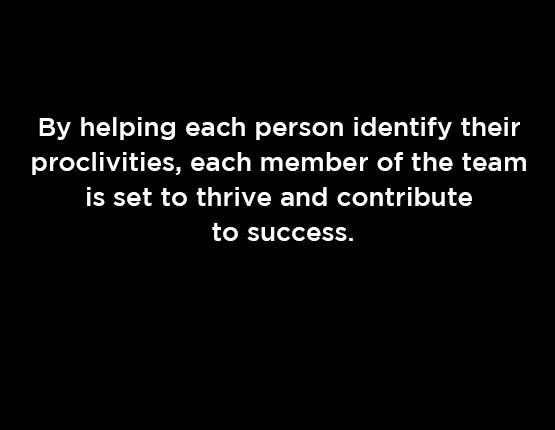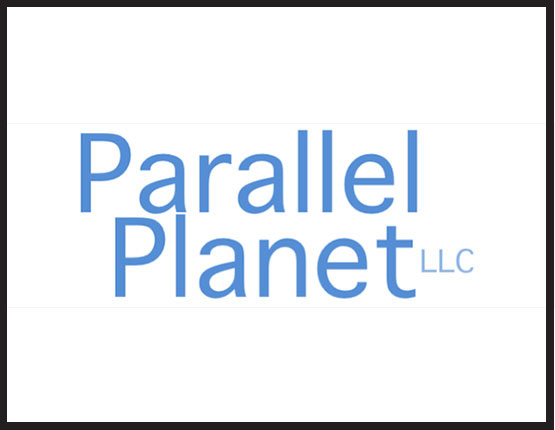
WHAT IS IT?
Teams are the building blocks of business operations. Most of the important results in any business emerge from the successful efforts of teams. It is common for individuals to belong to more than one team in an organization and that can bring benefits but can also introduce stress and conflicts. When teams operate in a sub-optimal fashion, business results are negatively impacted too.


what type of team is yours?
Some teams are narrowly focused; others have a broad remit. Some teams are intentionally built for the short term: meet the goals then disband. Others last for years, with evolving methods and memberships over time.
Whichever type of team is yours, you can benefit from making use of objective research into team dynamics, individual behaviours and personal proclivities to ensure your team works effectively as a tight, creative and effective group, rather than as a sub-optimal loose assembly of poorly (or randomly) matched individuals.
Barbara Lancaster - Parallel Planet
“By better understanding the dynamics of the relationships between individuals in teams, and between each team and other teams, you can expect to minimize friction and improve performance in your organization. Not coincidentally, you will also find that general levels of job satisfaction and motivation will steadily improve.”


A language and framework for productive team work
We can help you optimize performance of all types of teams, including Work Groups, Departments, Divisions, Project Teams, Steering Groups, and SWAT Teams. By understanding the balance of skills and proclivities needed to succeed, it gets easier to create and motivate teams that achieve results.
By helping each person identify their proclivities, each member of the team is set to thrive – and contribute to success. We use The GC Index to help understand what motivates each team member, and also to gain insights into the ways in which team members may interact, either for positive results, or counter-productively.
